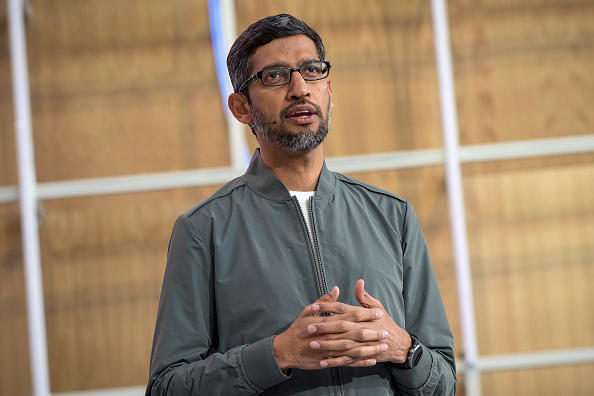Recently, YouTube has come under scrutiny for its failure to remove videos containing homophobic language. The issue originally arose after Vox reporter Carlos Maza tweeted about ongoing harassment from Steven Crowder.
In his Twitter thread, Maza included a video compilation of Crowder making homophobic comments like calling Maza a “lispy queer.” YouTube originally responded via its own Twitter account stating that “while we found language that was clearly hurtful, the videos as posted don’t violate our policies.”
Since then, YouTube has demonetized Crowder’s account and CEO Susan Wojcicki attempted to issue an apology to the LGBTQ+ Community. Now, Google is stepping in.
Google’s CEO Sundar Pichai sent out an internal email promising that YouTube is taking a “hard look” at its harassment policies. The email, obtained by The Verge, also stated that the company will consult “many groups, including people who have themselves experienced harassment.”
“It was important for me to hear directly from LGBTQ+ Googlers to better understand the full range of experiences,” Pichai wrote. “One thing that came through very clearly is the LGBTQ+ community has felt a lot of pain and frustration over recent events.”
According to the Verge, Pichai and several other top level executives met with representatives from the company’s LGBTQ+ groups earlier this week. In the meeting employees urged the company to bring in people from their community earlier when making policy decisions that pertained to them.
Although Google intends to examine its policies, the problem runs much deeper. Most social media platforms have rampant abuse on them, especially the major ones like Facebook, YouTube, and Twitter.
However, social media companies essentially rely on engagement to measure their success and even get money. It doesn’t really matter what kind of engagement it is. Essentially, hate — and the controversies that surround it — have become a way for companies to make money.
Making platforms safe for LGBTQ+ and other vulnerable communities means that companies need to question their entire business model. Policies can only do so much if the base is tainted.

